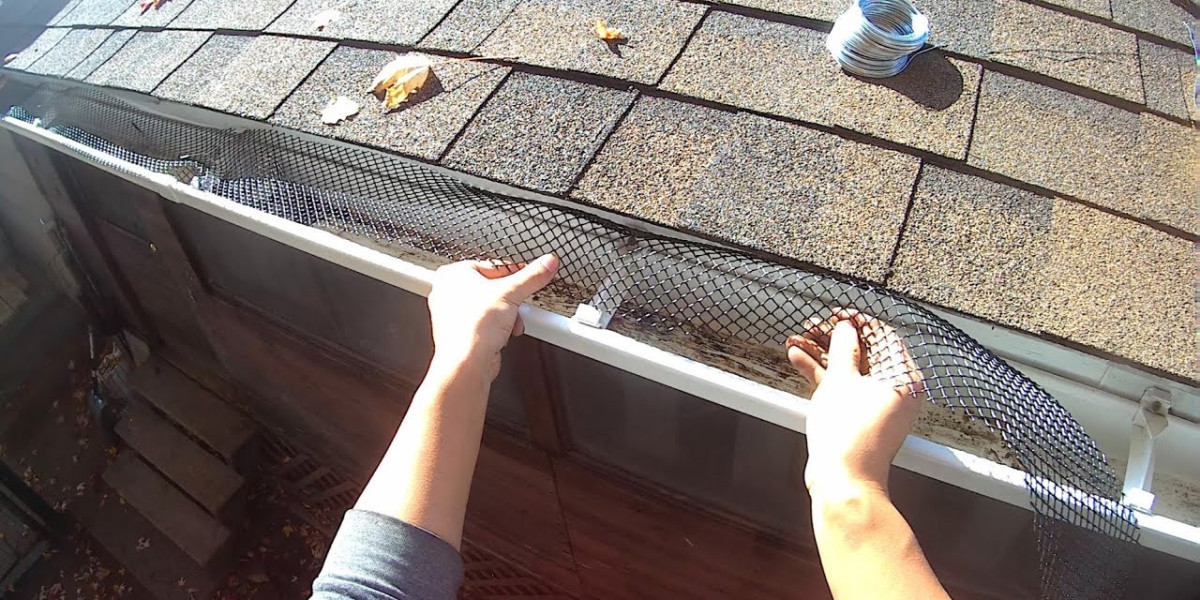Hybrid vehicles have gained popularity over the past few years due to their eco-friendly nature and better fuel efficiency compared to traditional gasoline-powered vehicles. These vehicles are equipped with a unique powertrain system that combines an internal combustion engine with an electric motor, powered by a hybrid battery. The hybrid battery plays a crucial role in the performance and efficiency of the vehicle, making it essential to understand the advancements in hybrid battery cells and replacement techniques.
The hybrid battery cells are the heart of the hybrid battery pack, responsible for storing and delivering electrical energy to the electric motor. Over time, the performance of these battery cells can deteriorate due to factors such as age, usage, and environmental conditions. When the battery cells degrade, it can lead to a decrease in fuel efficiency and overall performance of the vehicle.
In the past, when hybrid battery cells degraded, the only solution was to replace the entire battery pack, which was a costly and time-consuming process. However, with advancements in technology, there are now more cost-effective options available for hybrid battery cell replacement. One such option is reconditioned battery cells, which involve refurbishing the degraded cells to restore their performance.
Replacing hybrid battery cells with reconditioned ones can be a more sustainable and economical solution compared to replacing the entire battery pack. Reconditioned battery cells are often more affordable and readily available, making it a viable option for hybrid vehicle owners looking to extend the lifespan of their battery pack.
Another advancement in hybrid battery replacement techniques is the ability to replace individual battery cells instead of the entire battery pack. This targeted approach allows for more precise and cost-effective repairs, as only the degraded cells need to be replaced. By replacing individual battery cells, hybrid vehicle owners can save time and money while also reducing waste.
Furthermore, advancements in hybrid battery technology have led to the development of more reliable and efficient replacement batteries. These replacement batteries are designed to meet or exceed the performance of the original battery pack, ensuring that the vehicle maintains its fuel efficiency and overall performance.
In conclusion, the advancements in hybrid battery cells and replacement techniques have made it easier and more cost-effective for hybrid vehicle owners to maintain and extend the lifespan of their battery packs. Whether opting for reconditioned battery cells or individual cell replacement, there are now more sustainable and economical options available for hybrid 2010 Toyota Prius battery cell replacement. As technology continues to evolve, we can expect further advancements in hybrid battery technology that will further improve the performance and efficiency of hybrid vehicles.











